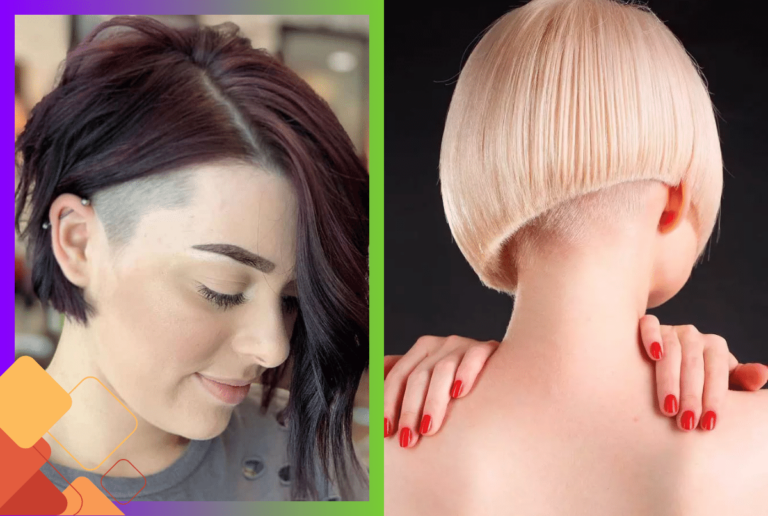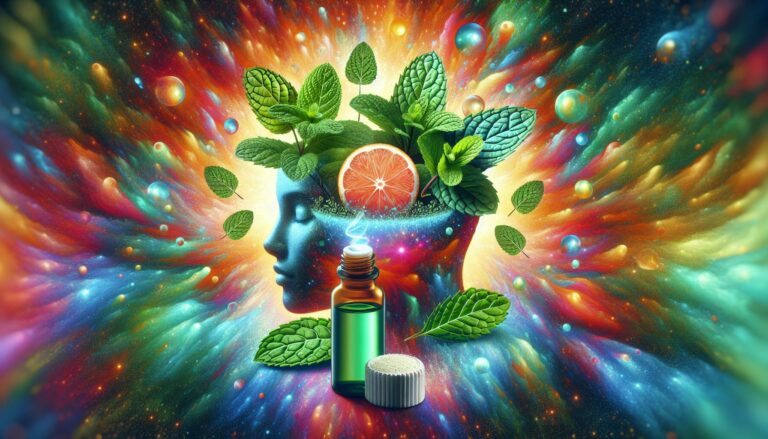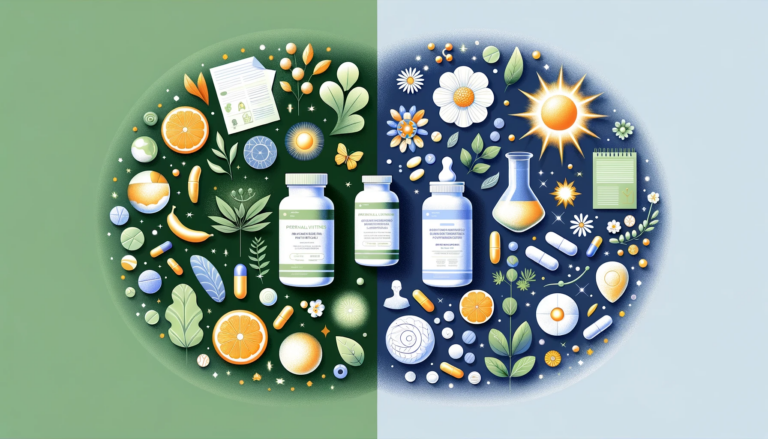Can Ashwagandha Cause Acne?
Can ashwagandha, the revered herb in natural healing circles, be a culprit behind acne flare-ups?
This ancient remedy, celebrated for its stress-reducing and energy-boosting properties, also brings with it a cloud of speculation regarding potential side effects, particularly its impact on skin health.
As we peel back the layers of myths and scientific insights, it’s crucial to understand the nuanced relationship between ashwagandha and our skin’s wellbeing. Well, we’ll be going over:
- How does ashwagandha interact with the body’s stress and hormonal systems, and what implications does this have for acne?
- Are there specific components in ashwagandha that might trigger skin reactions, leading to acne or other skin issues?
- What do the latest studies and expert opinions suggest about the link between ashwagandha intake and skin health?
Let’s dive in.

The Benefits of Ashwagandha
Ashwagandha, often hailed as a powerhouse in the world of Ayurvedic medicine, brings a plethora of benefits to the table. Adaptogenic in nature, it aids in managing stress by regulating cortisol levels, the body’s main stress hormone. You’ll find its ability to improve stress response not only enhances mood but also promotes better sleep patterns, a vital component of overall health.
Beyond its stress-relieving properties, ashwagandha is celebrated for its potential in boosting cognitive function. Studies show it can improve memory, reaction time, and the ability to perform tasks. This makes it an attractive option for those looking to support brain health naturally.
In the realm of physical health, ashwagandha contributes to increased strength and muscle mass, making it a valuable supplement for fitness enthusiasts. Its anti-inflammatory and antioxidant properties further support recovery and general wellness.
Acne Causes and Triggers
Acne, a common skin condition, can be frustrating to manage. It occurs when your hair follicles become plugged with oil and dead skin cells, leading to whiteheads, blackheads, or pimples. Various factors contribute to the development of acne, including hormonal changes, diet, stress, and certain medications.
Hormonal fluctuations are among the leading causes of acne. During puberty, increased levels of androgens cause the oil glands to enlarge and produce more sebum. In adults, hormonal changes related to pregnancy, menstrual cycles, or conditions like polycystic ovary syndrome (PCOS) can trigger acne.
Your diet also plays a pivotal role in the health of your skin. Foods high in sugars and dairy products have been linked to acne in some individuals. While the correlation isn’t the same for everyone, paying attention to how your skin reacts to certain foods could be key to managing breakouts.
Stress doesn’t directly cause acne, but it can exacerbate existing conditions. High stress levels can increase cortisol production, leading to oily skin and promoting acne.
Understanding the triggers of acne is crucial for effective management. Identifying and addressing these factors can help minimize outbreaks and maintain clear skin.
Potential Link Between Ashwagandha and Acne
When you’re exploring natural supplements like ashwagandha, it’s crucial to understand not just the benefits but also the possible side effects. Interestingly, while ashwagandha is heralded for its stress-reducing and health-boosting properties, there’s a debate about whether it can lead to acne.
The key concern lies in ashwagandha’s ability to influence hormonal balance. Since acne can be triggered by hormonal fluctuations, any substance that impacts hormones warrants a closer look. Ashwagandha is known to modulate cortisol levels, which can indirectly affect other hormones linked to acne.
Another perspective considers the adaptogenic nature of ashwagandha, which helps the body manage stress. Given that stress can exacerbate acne by increasing cortisol and subsequently oil production in the skin, ashwagandha might actually offer benefits in reducing stress-related acne.
However, individual responses to supplements can vary widely. What works for one person may not work for another, and ashwagandha is no exception. It’s also possible that initial detoxification effects when starting ashwagandha could manifest as skin breakouts for some individuals.
Monitoring your body’s response closely after starting ashwagandha and consulting with a healthcare provider if you notice unwanted side effects is always a wise approach.
Ashwagandha’s Impact on Skin
Ashwagandha’s relationship with your skin’s health is deeply rooted in its adaptogenic properties. As an adaptogen, ashwagandha is known to help your body manage stress more effectively. Stress is a common trigger for acne, as it can increase cortisol levels, which in turn can ramp up oil production in your skin, leading to breakouts. By reducing stress levels, ashwagandha may indirectly help in controlling stress-related acne.
Moreover, ashwagandha’s anti-inflammatory effects play a crucial role. Acne is fundamentally an inflammatory condition, and ashwagandha’s ability to combat inflammation could help in reducing the severity and frequency of acne outbreaks.
However, the herb’s action on hormonal balance is a double-edged sword. While it helps in regulating cortisol, its effects on other hormones like testosterone, which can also influence acne, are less straightforward. Initial adjustments in your body’s hormone levels after taking ashwagandha might trigger or exacerbate acne in some individuals.
Remember, everyone’s skin and hormonal balance are unique. What works for one person may not work for another. Monitoring how your skin responds to ashwagandha and adjusting your intake accordingly is key.
Separating Fact from Fiction
When you hear conflicting information about ashwagandha and acne, it’s crucial to distinguish between myths and facts. Ashwagandha does not directly cause acne. Instead, its interaction with your body’s hormonal balance is what might trigger skin issues for some individuals. Understanding how ashwagandha works can help clarify its effects on your skin.
Many believe that since ashwagandha affects cortisol levels, it must directly impact hormonal acne. However, the truth is more nuanced. Ashwagandha’s role is to support your body in managing stress more effectively. By doing so, it can indirectly influence factors that contribute to acne, such as stress-related hormone fluctuations.
Remember, individual reactions to supplements like ashwagandha vary. While some may notice an initial increase in breakouts as their body adjusts, others may experience an improvement in their skin condition. Monitoring your body’s response is key to understanding how ashwagandha affects you personally.
Conclusion
While ashwagandha boasts a range of health benefits from stress reduction to improved physical performance, its impact on acne isn’t as straightforward. The herb’s adaptogenic qualities can help manage stress and reduce inflammation, potentially easing stress-related acne.
However, because it influences hormonal balance, your individual reaction may vary. Some might experience an initial uptick in breakouts as their body adjusts, while others could see their skin clarity improve. It’s crucial to listen to your body and observe how it responds to ashwagandha.
Adjusting your intake based on personal experience is key to leveraging the herb’s benefits while minimizing any adverse effects on your skin. Remember, what works for one person may not work for another, so finding your balance with ashwagandha is essential.






